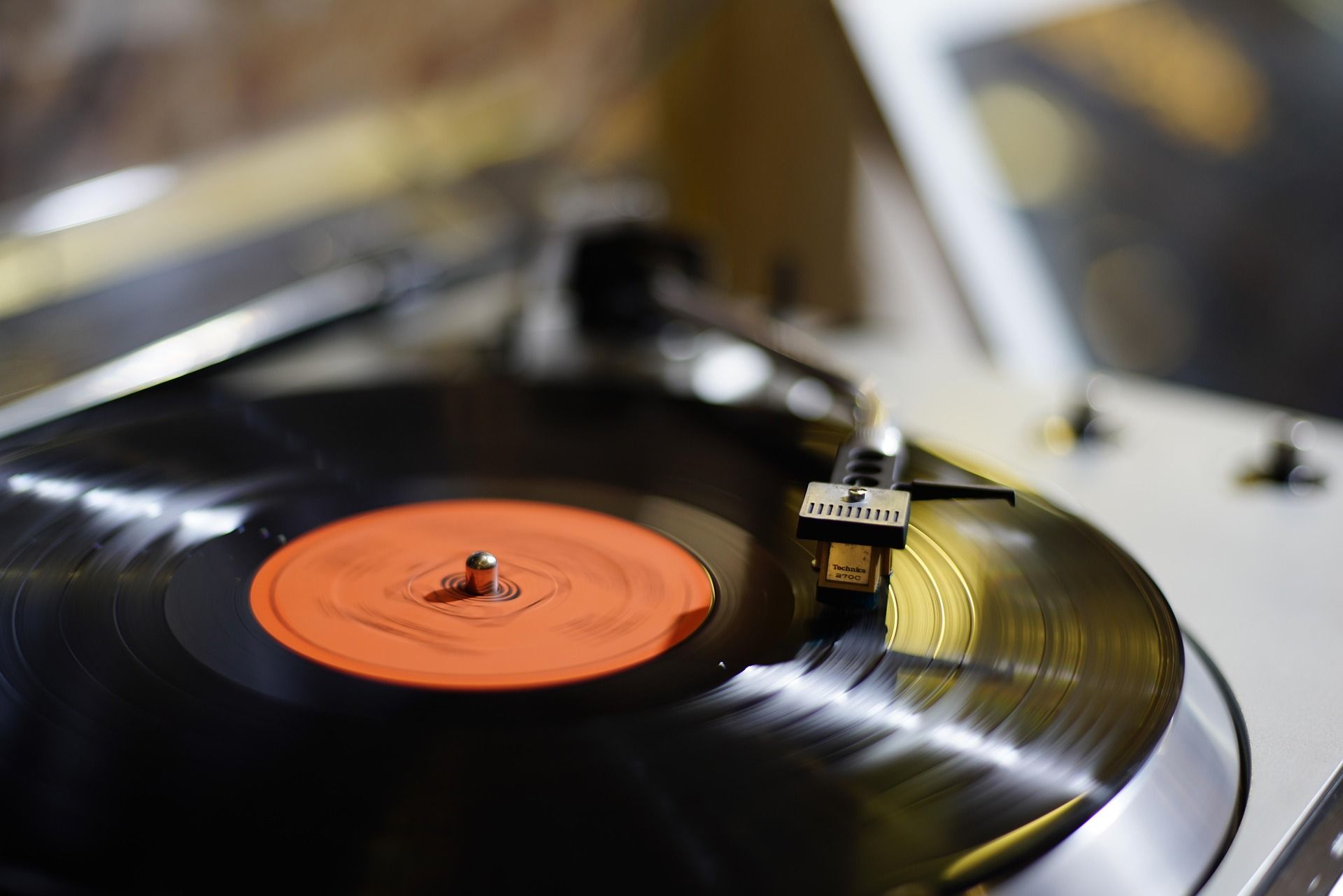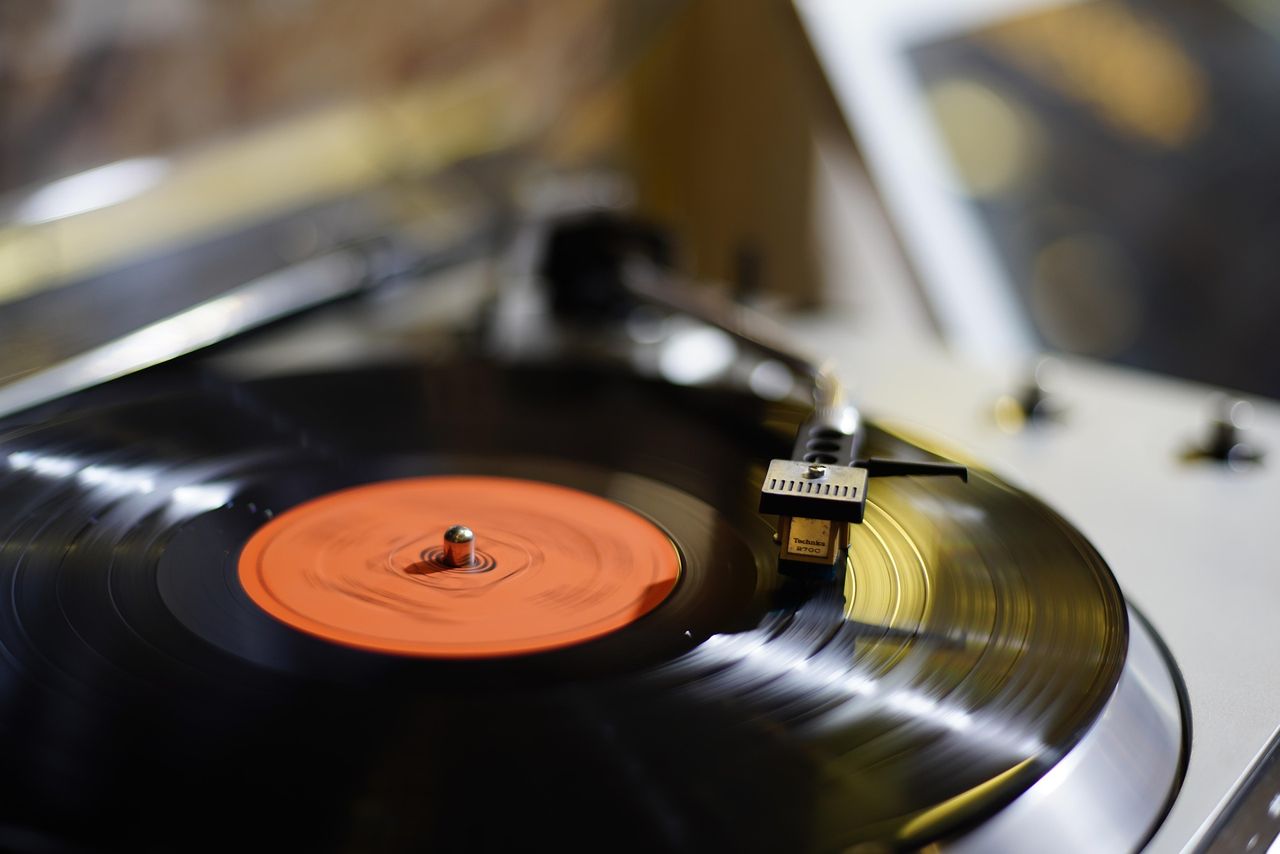Key Points
- OpenAI is developing an AI model that creates music from text or short audio prompts.
- Students from the Juilliard School are reportedly annotating scores for training, though the school says it is not officially involved.
- The tool would let users generate instrumental tracks, background music, or mood‑specific compositions.
- If released, it would compete with AI music platforms such as Suno, Udio, and Google’s Music Sandbox.
- OpenAI’s prior music models include MuseNet (2019) and Jukebox (2020).
- The expansion of AI‑generated music could trigger additional copyright lawsuits from record labels.
- Industry observers note the potential impact on how music is created, distributed, and valued.

OpenAI’s Next AI Music Initiative
According to a recent report, OpenAI is working on a new artificial‑intelligence model that can generate music based on textual descriptions or brief audio snippets. The project aims to let users produce instrumental accompaniments, background tracks, or mood‑specific compositions simply by providing prompts such as “upbeat guitar riff” or a short melody fragment.
Collaboration with Juilliard Students
The development effort reportedly enlists students from the Juilliard School to annotate musical scores that will train the model. While the involvement of these students is highlighted, Juilliard itself has issued a statement saying it is not formally participating in the initiative.
Capabilities and Potential Use Cases
The envisioned system would extend beyond earlier OpenAI music experiments. Users could pair generated instrumental tracks with vocal recordings, create custom soundtracks for videos, or produce music that matches a desired tempo, genre, or emotional tone. The model is expected to handle the complexities of harmony, rhythm, and instrumentation that distinguish music from plain text.
Historical Context: MuseNet and Jukebox
OpenAI previously released MuseNet in 2019, a model that produced MIDI‑style compositions across various styles, and Jukebox in 2020, which generated full‑length tracks with vocals. Both projects demonstrated OpenAI’s interest in musical AI but were limited in fidelity and scope compared with newer competitors.
Competitive Landscape
If the new tool reaches the market, it would join a growing field of AI music generators that includes Suno, Udio, Google’s Music Sandbox, and other platforms. These services already allow creators to generate music quickly, and many have attracted attention for the volume of AI‑generated content appearing on streaming services.
Legal and Copyright Considerations
The expansion of AI‑generated music has already prompted legal action from major record labels against other AI music companies. OpenAI’s entry could raise similar concerns, especially if the training data incorporates copyrighted recordings. Ongoing disputes over the use of copyrighted material in AI training highlight the potential for future lawsuits.
Implications for the Music Industry
Analysts suggest that the rise of AI‑generated music may reshape how creators produce and monetize audio content. While the technology could democratize music creation, it also raises questions about the value and ownership of human‑made compositions in a landscape where a significant portion of online music may be generated by algorithms.
OpenAI’s pursuit of a more sophisticated music model reflects its broader strategy to make generative AI tools flexible and programmable across text, images, video, and now sound. The outcome of this effort could influence both creative workflows and the ongoing debate over intellectual‑property rights in the age of AI.
Source: techradar.com
